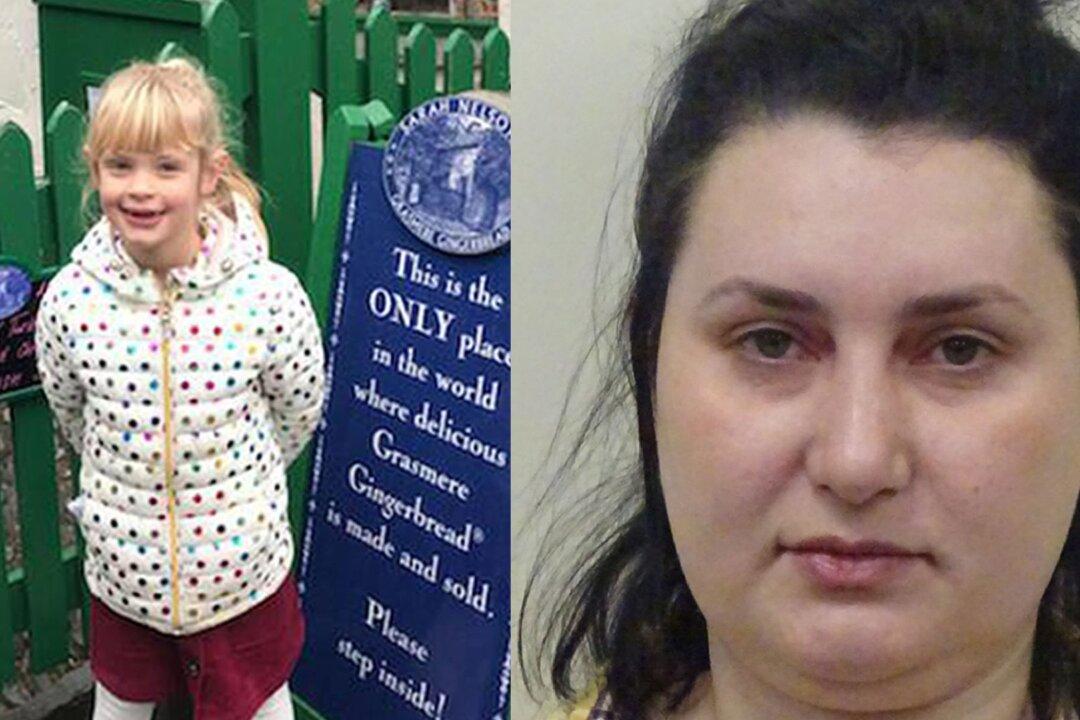The father of a 7-year-old girl who was stabbed to death by a complete stranger—an illegal immigrant from Albania who was suffering from paranoid schizophrenia—has criticised the Home Office for failing to deport her before she committed the crime.
On Monday a coroner said Emily Jones’s death at the hands of 33-year-old Eltiona Skana could never have been predicted, but the head of a charity that deals with victims of mental health homicide has said that was “absolute nonsense.”





